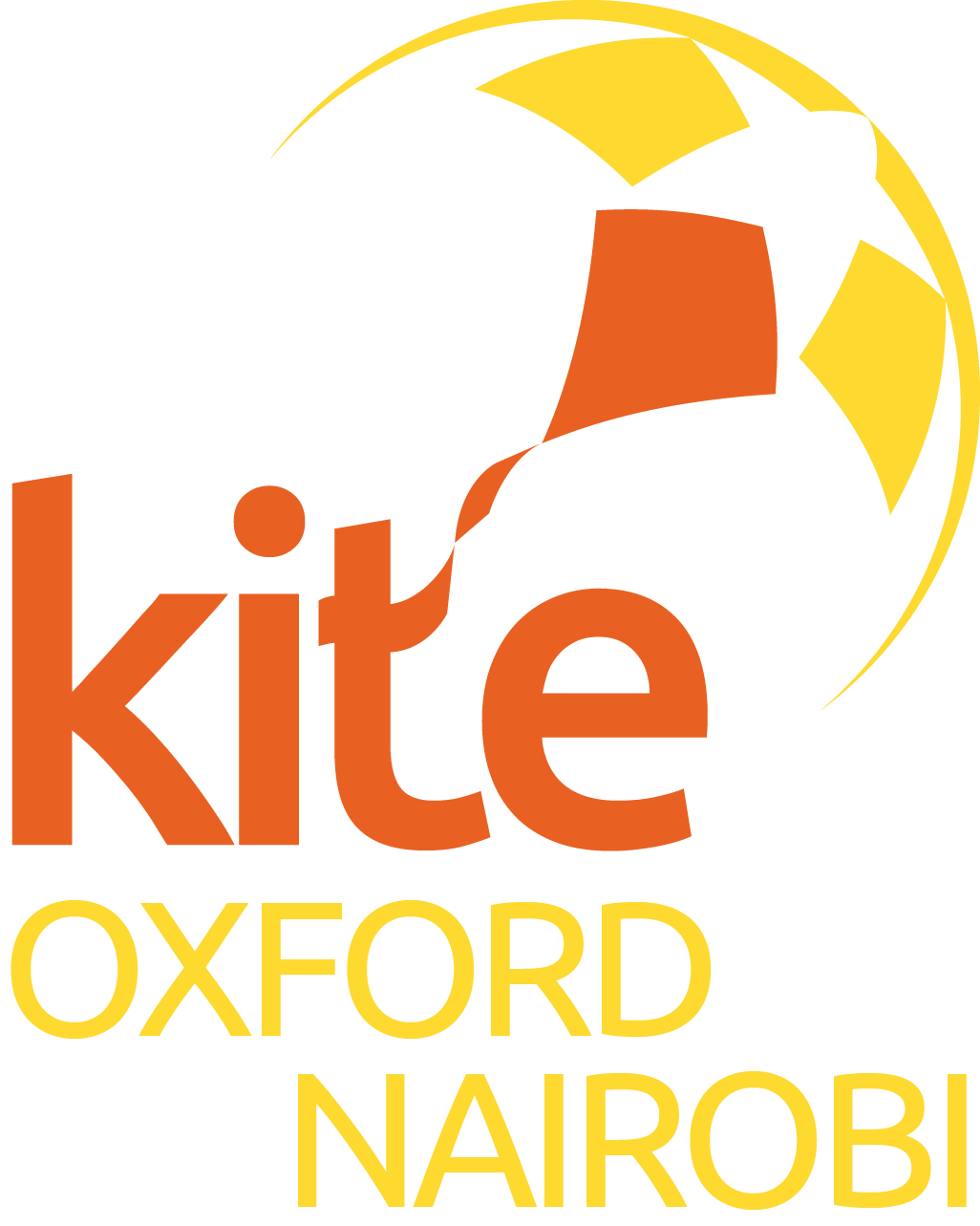Our Beneficiaries
We feel that our model, based on developing innovative, scalable projects, fulfils a niche in the development sector. We realise that its success will depend on collaboration with a number of stakeholders and partners. The following section explores what will be gained through collaboration.
Communities
The success of projects will be defined by their impact upon recipients. In order to ensure this impact is maximised, it is paramount to ensure that the projects are community-led every step of the way. From voicing their concerns and pointing to problems they want solved during problem ideation, to being actively involved in choosing the project they see fit for their needs. We aim to deliver projects for which communities will claim ownership.
NGOs
We hope to hand over tested projects to NGOs upon reaching proof of concept. This allows project implementation, and thus impact, to be scaled; as a student organisation, we won’t be able to oversee project expansion. With the goal of handover in mind, we will consult NGOs in our project ideation process, to draw on their understanding of implementing development projects, limitations of current efforts in tackling problems, and what might be trialled to tackle this. Working with Kite, NGOs will receive access to a means of testing new ideas, technologies and business models in a variety of sectors, piloted without taxing their own resources, with Kite funding and staffing pilots. The same applies for other potential handover partners, such as local government, or government agencies.
Universities
Universities will provide the platform for both Kite Oxford and Kite Nairobi. In return, we will provide practical, immersive experience in development for participating students, in line with university objectives of ‘educating the whole person’. Through ideation and delivery of our pilots, we also provide an opportunity to apply academic research and knowledge in the real world.
Students
Students are the driving force behind Kite. Because of this, students receive a far more enriching experience than with traditional volunteering, gaining insights into project design, stakeholder liaison and the operations of a charity. For UK students, Kite will help to bridge the experience gap between university and the development sector. Many roles in development require experience, which is difficult to acquire as a graduate, without turning to the private sector. The Kite model, in providing experience whilst at university, will help to mitigate seepage of talent away from the development sector to the private sector. Kenyan students face an incredibly competitive jobs market as well, and hands-on, applicable extracurricular experience is harder to come by. Kite Nairobi will help its alumni to be more competitive on the jobs market. Primarily however, Kite Nairobi provides members the opportunity to help their communities, pursuing social change that they feel is necessary.
Benefactors
Benefactors will be contributing to a model which has the potential to deliver huge value for money. Utilising a talented volunteer workforce to implement pilot projects has the potential to deliver innovation at a relatively low cost (with limited labour costs and students willing to conduct fundraising activities). Aiming to create scalable pilots, our projects represent investments with potentially wide-reaching impacts that eclipse those of a standard project with fixed parameters. Our model has the additional benefit of nurturing talent for the development sector. Kite Oxford and Nairobi may well be the reason why someone chooses a career in development. Our alumni will hopefully have an impact that goes far beyond Kite itself!

